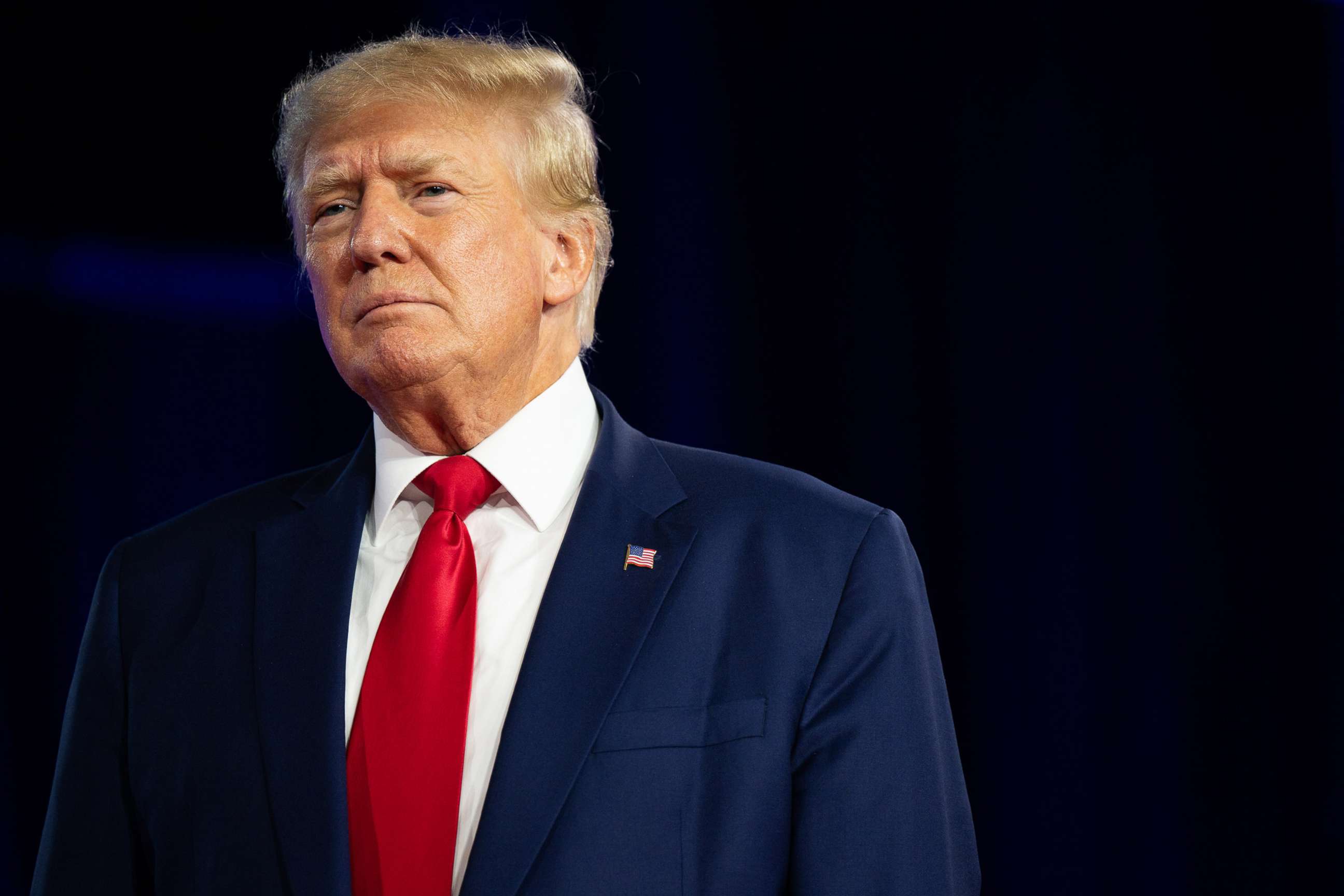
March 270 Comments
Trump Places 25% Tariff on Imported Autos: What It Means for the U.S. Economy
In a bold move aimed at reshaping U.S. trade policies, former President Donald Trump has enacted a 25% tariff on imported automobiles, marking a significant shift in U.S.

Trump Places 25% Tariff on Imported Autos: What It Means for the U.S. Economy
In a bold move aimed at reshaping U.S. trade policies, former President Donald Trump has enacted a 25% tariff on imported automobiles, marking a significant shift in U.S. economic strategy. The move is expected to raise approximately $100 billion in tax revenues, and it is likely to have far-reaching consequences for the U.S. auto industry, global trade, and consumer prices.
The 25% Tariff: What’s Behind the Decision?
According to a recent White House announcement, the 25% tariff on imported automobiles and auto parts is part of a broader strategy to strengthen the American economy by reducing reliance on foreign-made vehicles and promoting domestic production. The goal is to protect U.S. workers and ensure fair competition in the automotive sector. While this decision is controversial, it reflects Trump's ongoing stance on trade imbalances and his commitment to reshaping U.S. economic policies.
The tariff announcement has sparked mixed reactions across industries. Domestic manufacturers like Ford and General Motors (GM) may benefit from a reduction in competition from foreign automakers. However, experts warn that this move could raise production costs, leading to higher prices for consumers and disruptions in the global supply chain.
Why Now?
The timing of the tariff is strategic, coming at a moment when the U.S. economy is in recovery mode post-pandemic. Trump's decision also aligns with his broader trade vision, as he continues to advocate for policies that favor American manufacturing and reduce trade deficits. In addition, the U.S. government is counting on the tariff revenue to support federal initiatives, which is expected to raise $100 billion in taxes.
Impact on the Auto Industry
The 25% tariff on imported autos is likely to have several key impacts on the U.S. auto industry. For American manufacturers such as Ford and GM, the tariff could offer a competitive advantage, reducing the influx of foreign-made vehicles. This could provide an opportunity for domestic manufacturers to ramp up production, potentially creating more American jobs in the automotive sector.
However, foreign automakers such as Toyota, Volkswagen, and Honda, which have substantial operations in the U.S., may face significant challenges. These companies rely on imports for various vehicle models, and the new tariff could result in higher production costs for them. If foreign automakers pass on these costs to consumers, it could lead to higher prices on a wide range of vehicles, from affordable compact cars to luxury sedans.
The Supply Chain Effects
The global supply chain for automotive parts is also likely to be affected. Many automakers depend on a network of international suppliers for various parts, such as engines, electronics, and steel. The imposition of a 25% tariff could lead to disruptions in this network, potentially delaying vehicle production or causing shortages in key components.
Economic Consequences and Revenue Expectations
The tariff is expected to raise $100 billion in tax revenues, which will likely be used to fund various U.S. initiatives, including infrastructure projects and tax relief. This windfall comes at a time when the U.S. is focused on boosting domestic industries and infrastructure. However, the economic consequences could extend beyond the auto industry, with potential ripple effects in other sectors, such as retail and logistics, which depend on a smooth flow of goods across borders.
Short-Term vs. Long-Term Effects
In the short term, consumers may face higher prices for vehicles, especially those that rely on imported parts. However, in the long term, the tariff could push automakers to shift production closer to the U.S., either by building more plants in the country or increasing local sourcing. While this might create jobs, it could also mean increased costs for companies that choose to relocate manufacturing operations.
Global Reactions: How the World Is Responding
The international community has expressed concerns about the new tariffs. Europe, in particular, has been vocal in criticizing the measure, with some analysts suggesting that the tariffs could trigger a trade war between the U.S. and its allies. A Reuters report highlights the uncertainty in global markets, as countries consider retaliatory measures or reassess their trade policies in light of these new tariffs.
Conclusion: A Step Toward Economic Independence or a Risky Gamble?
The imposition of a 25% tariff on imported autos is a significant shift in U.S. trade policy. It represents a clear attempt by the Trump administration to bolster U.S. manufacturing and raise much-needed tax revenue. However, the long-term economic effects remain uncertain, with potential consequences for the global auto industry, U.S. consumers, and international trade relations. As the situation develops, businesses, consumers, and governments will need to navigate a changing landscape of tariffs, trade policies, and market dynamics.
- TradePolicy
- 25PercentTariff
- ImportedAutos
- USAutoIndustry
- TrumpTariff

Comments